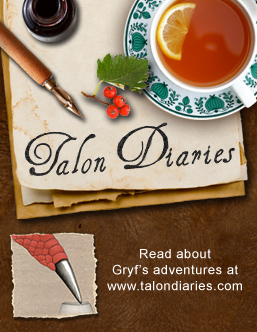Through the Looking Glass Children's Book Reviews
Poetry for Young People: Langston Hughes
Illustrator: Benny Andrews
Poetry
For ages 9 and up
Sterling Children's Books, 2013 ISBN: 978-1454903284
When Langston Hughes started writing poetry, he chose to do so using a voice that used “the speech of ordinary Americans,” and he “sought his material in the world around him.” The people and places that he wrote about were familiar to him on a personal level. He also chose to allow his own concerns and beliefs to filter into his writing. For example, he wrote about “the dignity and beauty of African American identity” because he felt that his people, and all people, needed to see and recognize this beauty. In addition, he used his poems to address the social injustices that he saw around him, the injustices that African Americans had lived with for so long.
In this wonderful collection of poems ,the editors offer young readers some of Langston Hughes’ wonderful poems. Some of them, like the poem called Aunt Sue’s Stories were inspired by Hughes’ own life experiences. When he was a child Hughes was raised in large part by his grandmother. She would place her little grandson on her lap and tell him stories that were rooted in real life, narratives that spoke about “people who wanted to make the Negroes free.” Aunt Sue’s Stories is an homage to that grandmother and her tales, and we hear about how Aunt Sue would sit on the front porch and tell the “brown-faced child” on her lap about black slaves and their lives. The child knew that the stories he was hearing were “real stories,” that “Aunt Sue never got her stories / Out of any book at all.”
In My People, Hughes explores the beauty that is found in African Americans. To him “the faces of my people” are as beautiful as the night, and their eyes are as beautiful as the stars. Just like the sun, “the souls of my people are beautiful.” Such words were particularly powerful when they were shared with a world that could not, did not, or would not see the beauty found in African American people.
Langston Hughes sought to combine poetry and the blues in his writing, and several of his ‘musical’ poems appear in this book. In both The Weary Blues and Homesick Blues there is a rhythm that suggests the sway and lilt of a musical style that he most identified with. In other poems formats used in the blues can be found.
This is a wonderful collection of poems for readers who are familiar with Langston Hughes’ writings, and for those who are coming to them with fresh eyes. Each poem is accompanied by an editorial note, which provides the reader with further information about the poem and about what inspired Hughes to write that poem. Notes are also offered beneath some of the poems that further clarify words and phrases that were used.




